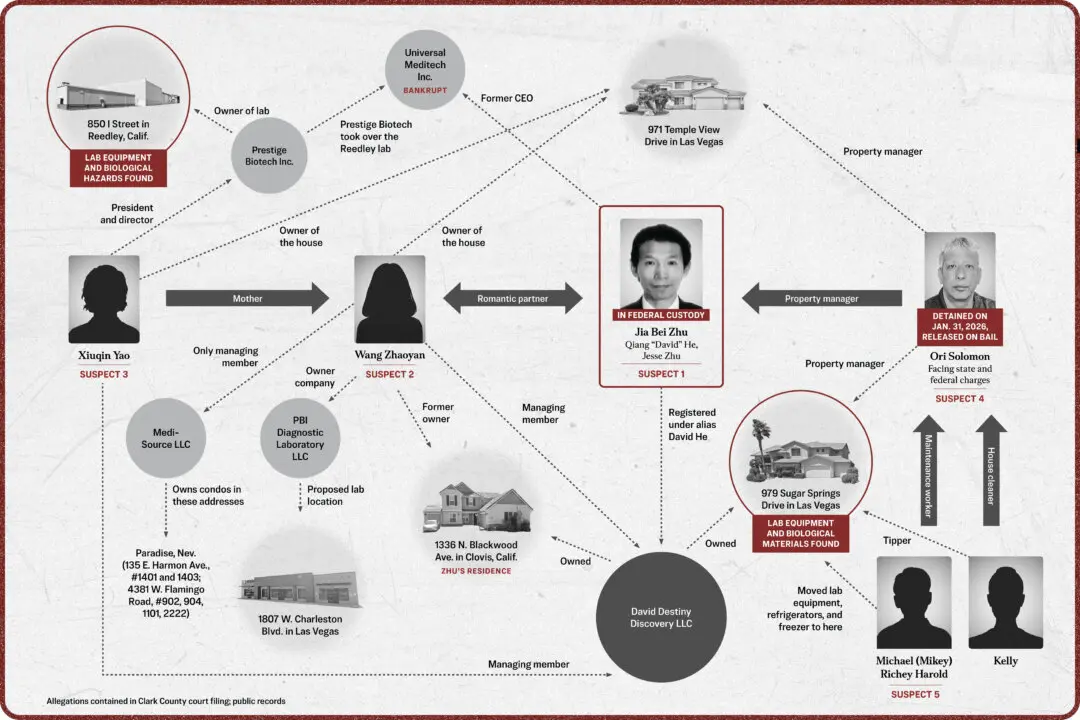SAN FRANCISCO—A leading genetics science journal has retracted 18 papers written by Chinese authors. It was the largest mass retraction to date due to concerns about human rights violations.
All the retracted papers were published between 2019 and 2021 in the genetics journal Molecular Genetics & Genomic Medicine (MGGM), published by the U.S. academic publishing company Wiley.





